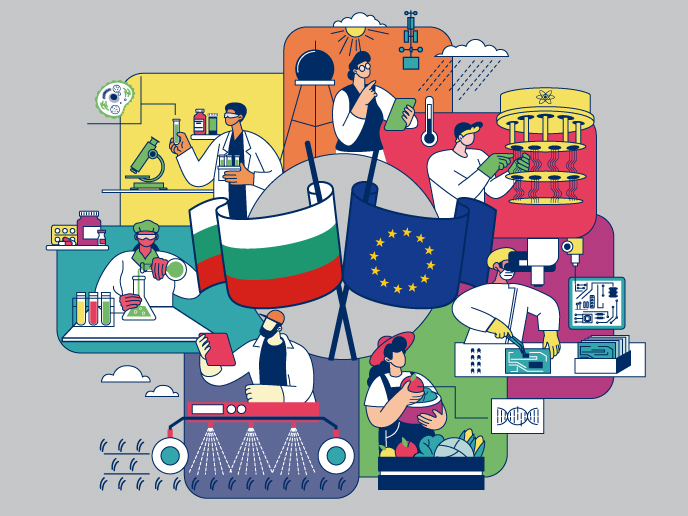Drone airlines to laser modelling: how Horizon supports research and innovation in Bulgaria
Bulgaria has a long history of scientific innovation. Artefacts recovered from the Varna Necropolis represent the oldest known gold treasure and jewellery in the world, reflecting an active metallurgy industry that existed in this region nearly 7 000 years ago. Bulgaria continues to uphold this tradition of science, technology, industry and commerce to this day. Its scientists and innovators have produced major advances in chemistry, physics, pharmacology, microbiology, aeronautics, astronomy, spaceflight, and much more. The first digital electronic computer, jet engines, airbags, the tuberculosis vaccine, and commercial yoghurt production all owe their existence to the contributions of Bulgarian researchers. Through its flagship funding programmes, most recently Horizon 2020 (2014-2020) and Horizon Europe (2021-2027), the EU has invested over EUR 500 million across almost 700 research and industry organisations in Bulgaria. This support comes from various initiatives, including the European Research Council, Marie Skłodowska-Curie Actions, European Innovation Council, and more. The nine projects in this Pack highlight the breadth of the research supported through Horizon in Bulgaria. They include work improving women’s access to medicine via advanced screening technologies, the use of lasers to produce materials with novel surface properties, uncrewed drone airlines for short-haul logistics, improved diagnostics, eco-friendly bioplastics, forensic techniques to uncover clandestine bomb labs, and more. Together, these projects showcase the continuing importance of Bulgaria’s contributions to science, research and innovation, and the country’s central role in tackling major challenges of our time. Note: Data retrieved from Horizon Dashboard March 2025, see https://bit.ly/HorizonBulgaria



